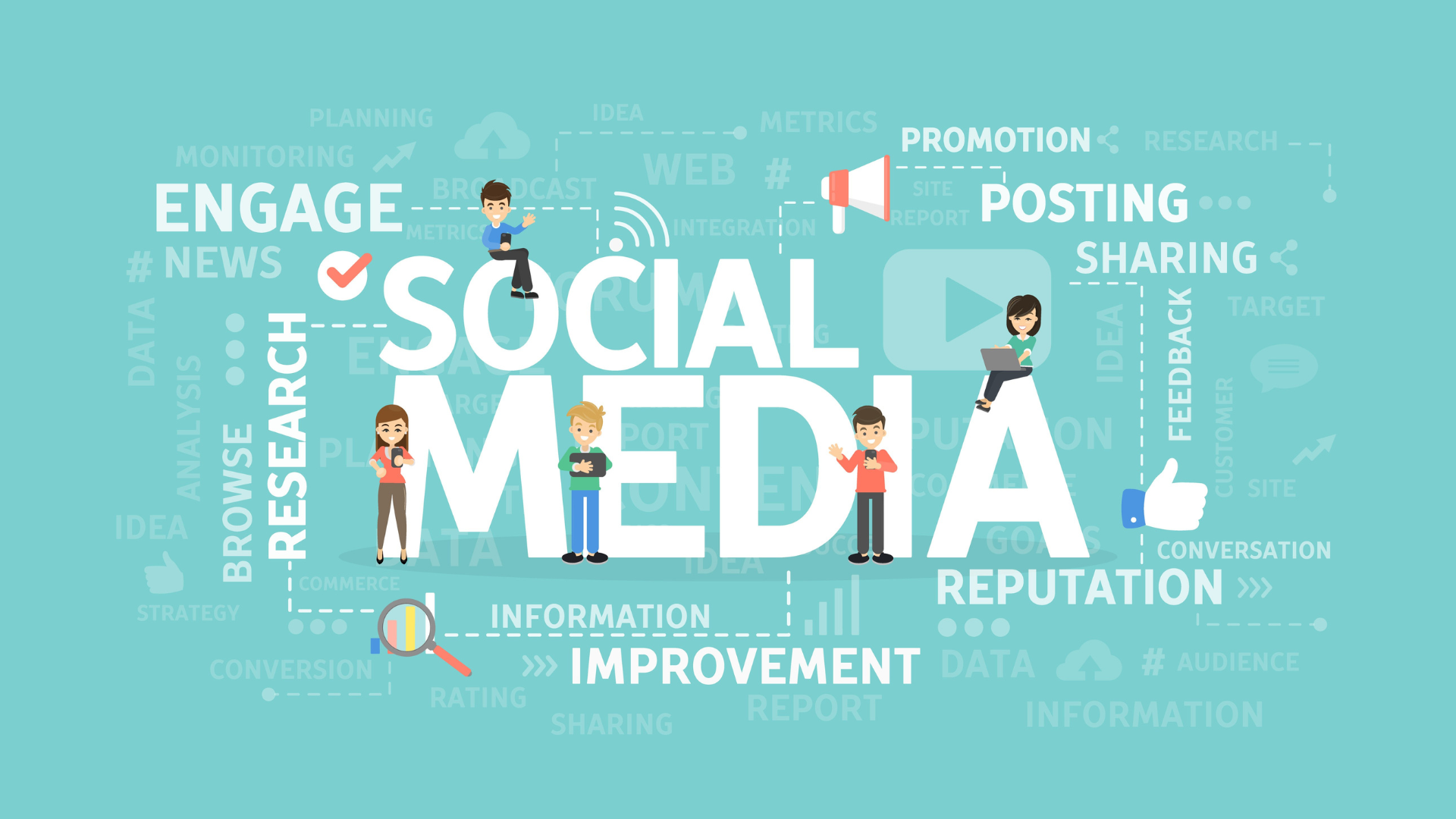< Back to Publications & Resources
How to Protect Your Practice from the Risks of Using Social Media

By Tammie Smeltz, RPLU, Content Marketing Manager
Social Media Usage
Current data indicates approximately 308 million people, or 73% of the U.S. population, use social media. People spend, on average, almost two and a half hours on social media a day! The most popular platform in the United States is YouTube, followed by Facebook. The U.S. ranks third in the number of social media users by country, right below China and India. A recent survey polling over 4,000 physicians estimated that 65% of physicians use social media for professional reasons.
Social Media in Healthcare
Social media has revolutionized the way healthcare information is accessed, shared and consumed. It has become a daily tool for not only healthcare providers but also their patients and the general public. Healthcare providers use social media to share health tips, disease information and treatment options. They may turn to social media to raise awareness about public health issues such as healthy eating and smoking cessation. Moreover, healthcare organizations utilize social media to promote their services, attract new patients and manage their online reputation through patient reviews.
Risk Management Recommendations
Given the above, do you know how to protect your practice from the risks of using social media?
MLMIC has developed several tips devoted to social media hygiene for healthcare organizations. Here are a few:
- Regularly update all electronic devices and applications as recommended.
- Use passwords that follow appropriate security protocols and avoid recycling passwords.
- Do not allow staff to share passwords.
- When possible, employ device encryption.
- Review your blog and website to ensure that all information remains current and relevant. If you are embedding links in your blogs, test that they are still functional and appropriate to your message.
- When addressing online negative reviews, review the patient’s complaint and determine if there are any takeaways. Resist the urge to defend yourself or your practice, and do not engage in online arguments or retaliations. Privacy laws must always be maintained, but if you can determine the name of the patient, follow up with them personally to discuss the issue.
Routinely performing social media hygiene can help protect your practice from security breaches, keep your social media sites informative and improve patient satisfaction.
Our complete Social Media Hygiene for Healthcare Organizations and Managing Negative Online Reviews Risk Management Tips can be found here.
MLMIC offers a valuable Continuing Education Program specifically designed to help manage your social media presence in healthcare. This program is available to MLMIC policyholders free of charge. For more information, please contact Matthew Lamb, Esq. at mlamb@mlmic.com.
MLMIC policyholders can reach our risk management attorneys for questions regarding the use of social media, responding to a negative online review or any other healthcare law inquiries by calling (800) 275-6564 Monday-Friday, 8 a.m. to 6 p.m. or by email here.
Our 24/7 hotline is also available for urgent matters after hours at (844) 667-5291 or by emailing hotline@tmglawny.com.
Follow us on Facebook, LinkedIn or Twitter to stay in the loop about the medical professional liability industry.
If you are not already a MLMIC insured, learn more about us here.
Sources:
- https://pmc.ncbi.nlm.nih.gov/articles/PMC8064945/
- https://www.demandsage.com/social-media-users/
- https://www.amjmed.com/article/S0002-9343(21)00600-8/fulltext
This document is for general purposes only and should not be construed as medical or legal advice. This document is not comprehensive and does not cover all possible factual circumstances. Because the facts applicable to your situation may vary, or the laws applicable in your jurisdiction may differ, please contact your attorney or other professional advisors for any questions related to legal, medical or professional obligations, the applicable state or federal laws or other professional questions.



